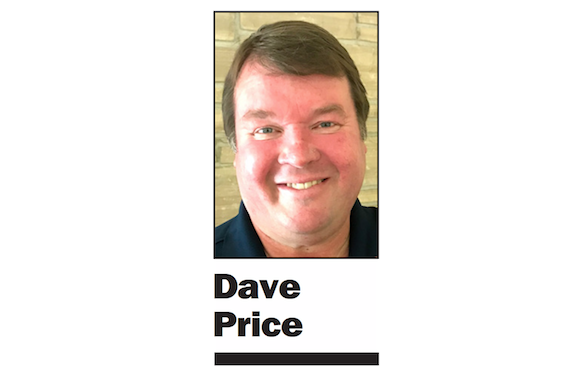
BY DAVE PRICE
Daily Post Editor
It’s a coin flip as to whether the state Fair Political Practices Commission will exempt Palo Alto Councilwoman Julie Lythcott-Haims from the law that restricts public officials from getting paid for speeches.
She wants the exemption to the 1990 law because she makes a living giving speeches. The law exists so that a fat cat donor can’t put an elected official on his payroll, thereby buying influence on a city council, county supervisor board, the Legislature, etc.
FPPC General Counsel Brian Lau said he and his office has tried to come up with grounds for an exemption for Lythcott-Haims, but couldn’t find one.
But the four member commission voted 4-0 to have him find an exception for Lythcott-Haims.
“What we’re asking you to do is be as creative as you possibly can to see if you can craft some amendments to this regulation,” Commission Chair Richard Miadich told Lau at a hearing on June 14.
Essentially, the commission told Lau to find an exception for Lythcott-Haims, and Maidich said he can’t. But now they’ve told him to try harder.
The law, passed by California voters in 1990, restricts elected officials from getting more than 50% of their income from paid speeches.
The concern is that those who want to influence elected officials might bribe them by paying them to give speeches.
Her attorney argues that all of her speeches are given out of town, as if that helps her case. But there’s nothing stopping a big company that wants to influence Palo Alto politics from hiring her to deliver a speech in another part of the country.
Moreover, if she gets an exception, it will apply to elected officials across the state. While Lythcott-Haims might behave in a perfectly ethical manner, and not allow anyone to influence her with speaking fees, this could open the door in other communities to less scrupulous politicians who will cite the “Palo Alto exception.”
The underlying problem here is that Lythcott-Haims, who holds a law degree from Harvard, should have known before she ran for council last year that this law would reduce her income.
If she wants to stay on council, she should obey the law and change how she makes a living.
How will the FPPC rule? After watching Thursday’s hearing, it’s anybody’s guess. The four commission members want her to get an exception, but their assistant general counsel is saying he can’t find one.
What will he come back with? This is a cliffhanger.
Editor Dave Price’s column appears on Mondays. His email address is [email protected].
Correction: A previous version had an incorrect title for Assistant General Counsel Brian Lau.

Perhaps we need to replace the FPPC members with folks who abide by the laws approved by the voters.
Any examples of anyone being given or denied an exemption?
Does the city council want her to get an exemption?
Why do council members and the FPPC want to give her an exemption?
It sounds like there are a lot of influential applying presure to give her an exemption. That in itself should be a huge red flag and immediate reason for no exemption.
This is ridiculous. It’s like a driver who gets a speeding ticket and then asks the judge to raise the limit in order to invalidate the ticket. Justice should be applied equally.
How can it be a coin toss when the coin has tails on both sides? What a farce.
Also what laughable arguments that she doesn’t get paid to speak in Palo Alto so she deserves a PA exception when most of her political contributions came from those outside Palo Alto!
How could the commissioners have missed that very obvious fact? She got paid to speak at Facebook from far far away Menlo Park. Of course it’s surely an urrelevant coincidence that Meta/Facebook needs approval to expand right here in Palo Alto.
Serious question: where do these commissioners come from and how do we get rid of them?